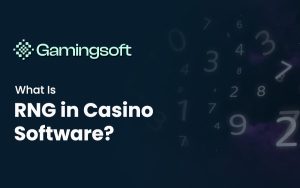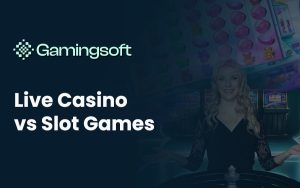When most people think of sports betting, they imagine placing a bet with a bookmaker. You pick a team to win, and if you’re right, the bookmaker pays you. Simple enough, right? But the rise of betting exchanges—pioneered by platforms like Betfair—has completely changed how betting works. Instead of betting against the bookmaker, you now bet against other players.
Let’s break down how that works, why it matters, and what makes it such a game-changer in the betting world.

What Is a Betting Exchange?
A betting exchange is an online marketplace where bettors trade bets with each other rather than with a bookmaker.
Think of it like the stock market for sports betting:
- You can back a team (bet they’ll win).
- You can lay a team (bet they’ll not win).
The exchange itself simply acts as the middleman—matching people who disagree about what will happen.
Example:
- You back Manchester United to win.
- Another user lays Manchester United (bets they won’t win).
- The exchange matches your two bets and takes a small commission from the winner’s profit.
That’s it—no bookmaker odds, no house edge, just people betting against each other.
The Key Difference: Back vs Lay
To understand how a betting exchange works, you must first understand Back and Lay bets.
- Back Bet: You bet for an outcome to happen.
Example: You back Arsenal to beat Chelsea at odds of 2.0. If Arsenal wins, you double your money. - Lay Bet: You bet against an outcome.
Example: You lay Arsenal at odds of 2.0. If Arsenal doesn’t win (they draw or lose), you win the other bettor’s stake.
In simple terms:
Back = “I think it will happen.”
Lay = “I think it won’t happen.”
This flexibility allows professional traders to take both sides—buying and selling bets just like stocks—depending on how the odds move during a match.
How Odds Work on a Betting Exchange
Odds on a betting exchange are set by the market, not the bookmaker.
Each price (odds) is determined by supply and demand:
- If many people want to back a team, the odds shorten.
- If many people lay it, the odds drift.
This creates a live, transparent market where prices fluctuate in real time.
Example:
- Before kickoff, you back Liverpool at 2.5.
- After they score, odds drop to 1.5.
- You can now lay Liverpool at 1.5 to lock in a profit—this is known as trading.
What Makes Betting Exchanges So Popular
a. Better Odds
Without a bookmaker margin, exchange odds are usually 5–10% better than traditional sportsbooks.
b. Fair and Transparent
All bets are matched between users. The exchange just charges a small commission (usually around 2–5%).
c. You Can Trade or Hedge
Because you can both back and lay, you can trade positions to minimize risk or guarantee profit.
d. Freedom and Control
No bookmaker limiting your stakes or banning winners—everyone plays by the same rules.
What Happens If the Odds Change?
If no one wants to match your requested odds, your bet stays unmatched.
You can:
- Wait for the market to reach your price, or
- Adjust your odds to match instantly.
This adds a layer of strategy and timing—just like trading stocks.
Conclusion
A betting exchange isn’t just another sportsbook—it’s a smarter, fairer, and more dynamic way to bet. By allowing users to both back and lay, trade positions, and find better odds, exchanges like Betfair have completely transformed online betting.
If you’re serious about understanding the mechanics of modern iGaming—or if you’re an operator exploring new ways to engage advanced players—mastering how betting exchanges work is the perfect place to start.
About Gamingsoft
Gamingsoft is a leading provider of online casino solutions, offering a comprehensive suite of services, including a white-label solution, API integration, payment solutions, game development, and more, to iGaming operators worldwide. With over years of experience, Gamingsoft has earned a reputation for delivering innovative and reliable solutions, helping clients succeed in the competitive iGaming industry.




